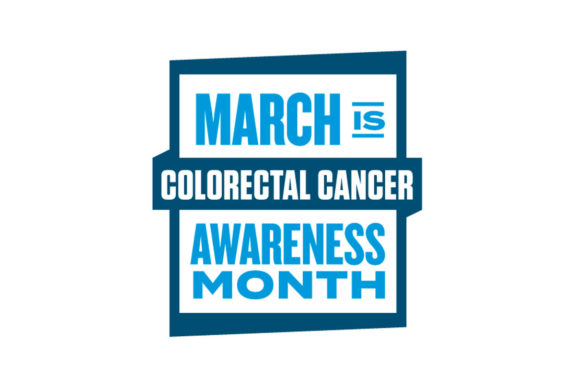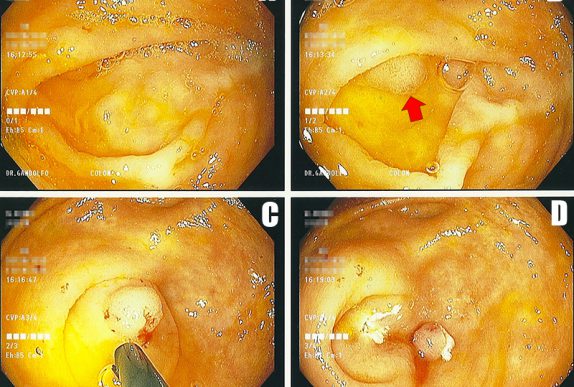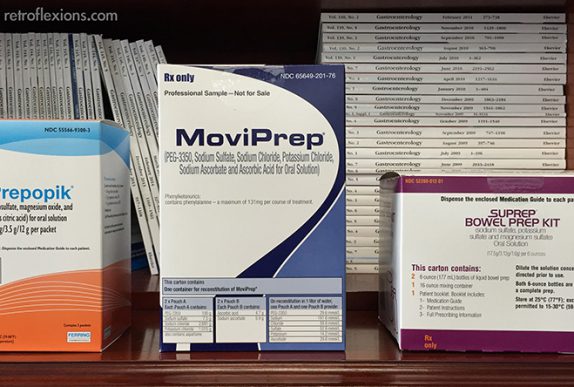Every question you could ask about colonoscopy, answered!
If you read this article, you'll know more than 99% of the population about colorectal cancer. More importantly, you'll know how to prevent this deadly disease from all angles! Plus, some interesting facts about Retroflexions.com in honor of our 4th birthday!
But what if it's too late? If you're reading this while in the midst of a potentially failed bowel prep don't despair! There are many ways to salvage a bowel prep and still have a safe, high-quality colonoscopy the next day. It all depends on what time you take action; If you wait until 2 hours before the procedure is scheduled than nothing can be done, but if you're already having issues the night before you can totally recover from this and be fine. This is what I usually recommend...
How to cheat on the bowel prep for a colonoscopy and still have a successful procedure, written by a gastroenterologist.
I thought it would be a good time to show a real-life example of colorectal cancer prevention in action. Let's pretend that you are a friendly neighborhood gastroenterologist, just minding your own business and doing a screening colonoscopy on a patient.
Clearly, the screening guidelines recommend repeating a negative colonoscopy in ten years. Now what if I told you that many (if not most) practicing gastroenterologists recommend repeating the test in five years, not ten?
As a patient, you only have control over a few parts of your colonoscopy. Usually you have a choice of which doctor does the procedure. You have a choice of showing up on the day of the procedure vs. running in the other direction. And finally, you have control on how well you are “prepped” … Read more
This is a flat polyp. It’s about the size of a dime or so. This was found on a routine colonoscopy in the ascending colon. The patient had an excellent bowel prep. Colonoscopy has been shown to prevent colon cancer by detecting and removing polyps which are known to be precancerous (known as adenomatous polyps). … Read more







